Octopress

Octopress: Open-source Blogging Framework
Open-source minimalist framework for static blogs and websites, easy to set up and customize with GitHub integration and responsive theme
What is Octopress?
Octopress is an open-source blogging framework and static site generator based on Jekyll and written in Ruby. It allows developers and bloggers to quickly create fast, secure blogs and websites without needing to manage a database or servers.
Some key features and benefits of Octopress include:
- Open source and free to use under the MIT license
- Simple and minimalist - Built on top of Jekyll, which is well-known for its speed and simplicity
- Excellent for creating blogs, documentation sites, and personal websites
- Easily customizable themes and layouts
- Out of the box responsive theme optimized for desktop and mobile
- Supports Markdown for writing content
- Integrates seamlessly with GitHub Pages for free and fast hosting
- Active community behind continued development and maintenance
Overall, Octopress provides a excellent foundation for technically-oriented bloggers, developers, and writers to quickly launch a fast, secure site without needing to focus on databases, caching, etc. Its flexibility and customizability also allow it to grow from simple sites into robust documentation and information portals.
Octopress Features
Features
- Static site generator optimized for blogging
- Built on Jekyll and Markdown
- Integrates seamlessly with GitHub Pages
- Responsive theme out of the box
- Plugin ecosystem for extending functionality
- Simple and clean permalink structure
- Built-in support for code syntax highlighting
- Easy customization and theming
Pricing
- Open Source
Pros
Cons
Official Links
Reviews & Ratings
Login to ReviewThe Best Octopress Alternatives
Top Development and Static Site Generators and other similar apps like Octopress
Here are some alternatives to Octopress:
Suggest an alternative ❐WordPress
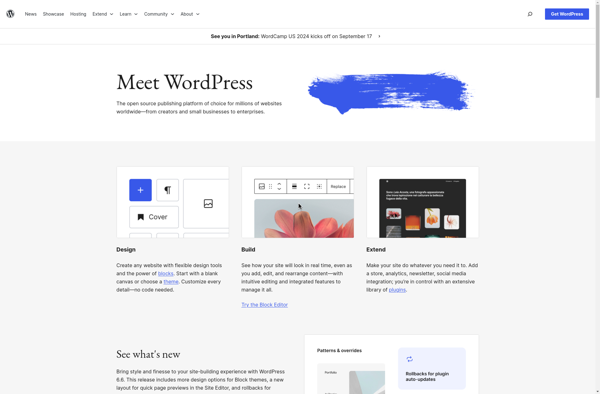
Blogger

Jekyll
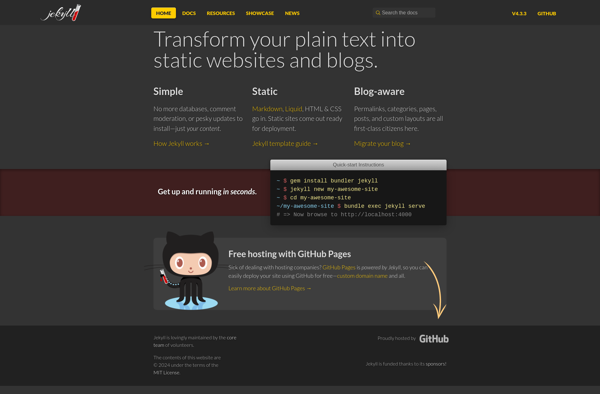
LiveJournal

Vivaldi Community
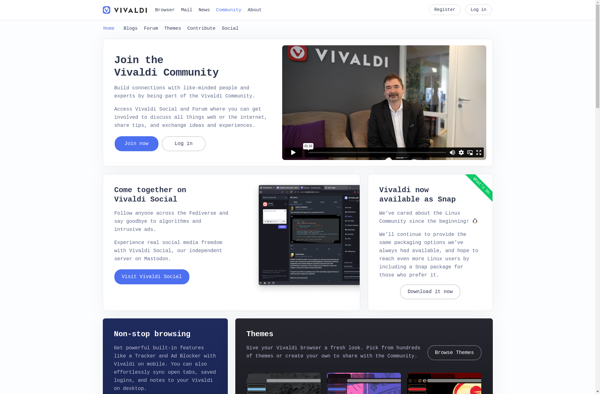
Directus
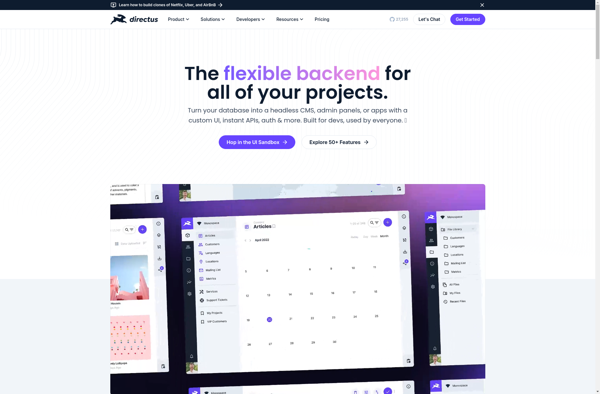
Gatsby
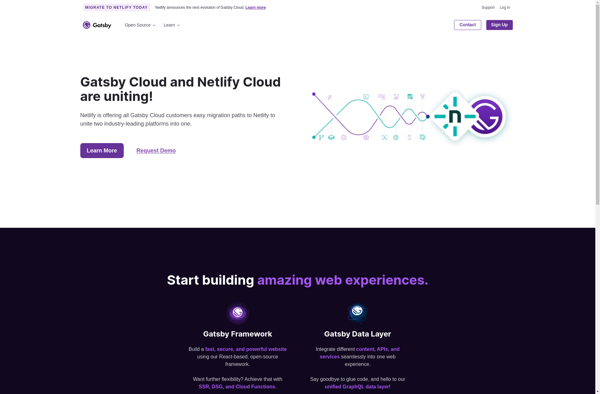
DEV Community
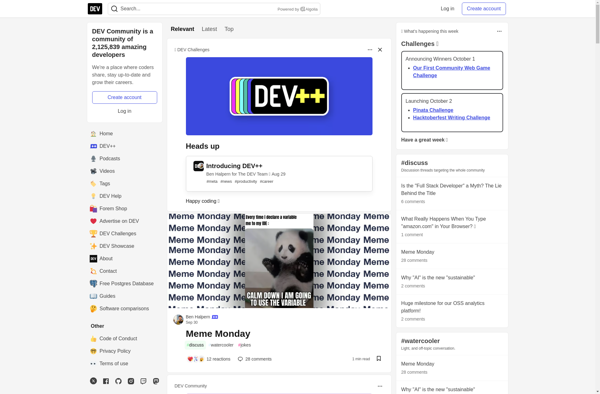
Sculpin
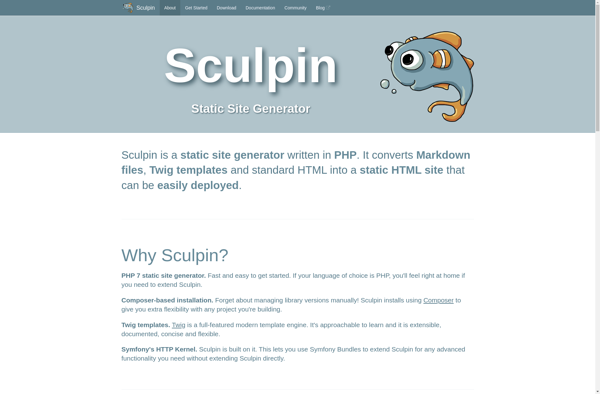
CMS.js
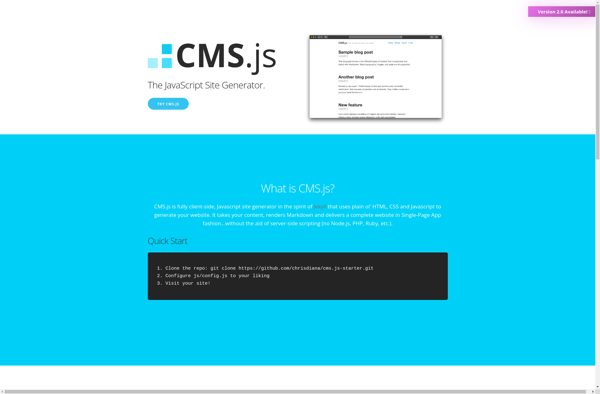
Awestruct
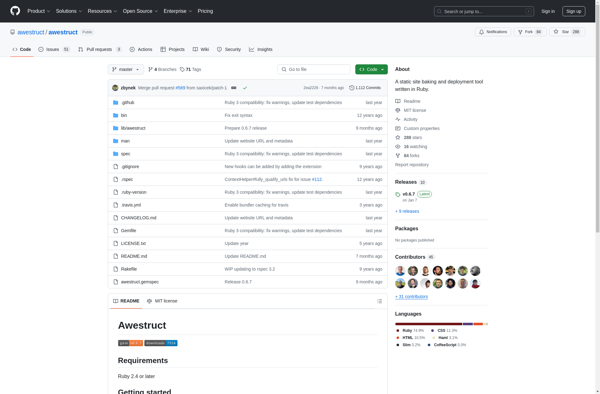
Jas CMS
Glyph static site generator
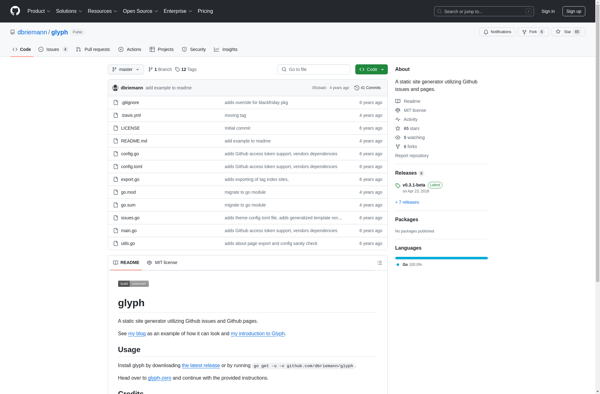
Wintersmith
